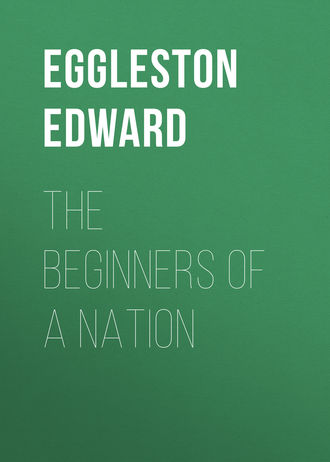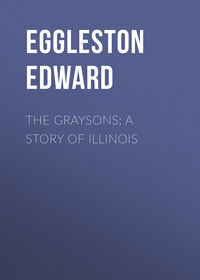The Beginners of a Nation
 полная версия
полная версияThe Beginners of a Nation
Жанр: зарубежная классиказарубежная старинная литератураисторическая научная и учебная литератураобщая история
Язык: Английский
Год издания: 2017
Добавлена:
Настройки чтения
Размер шрифта
Высота строк
Поля




